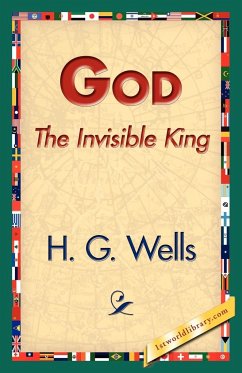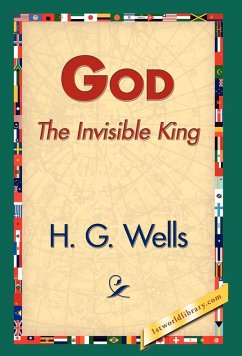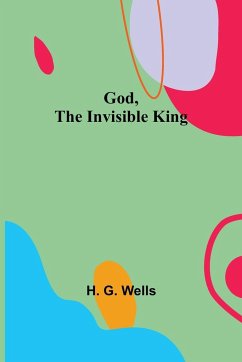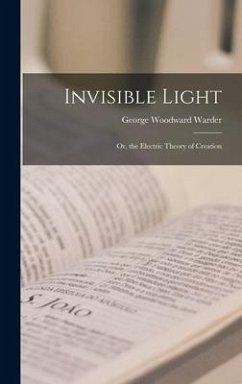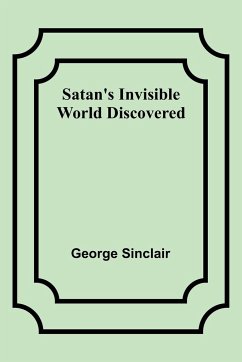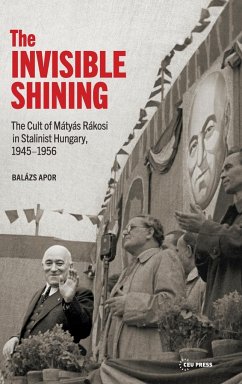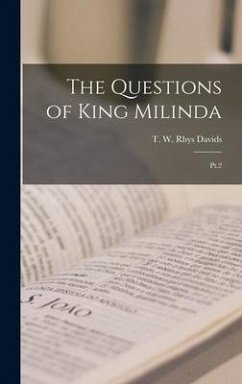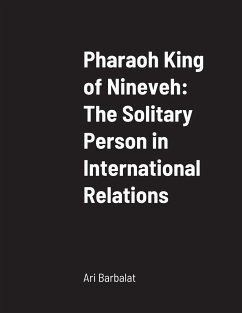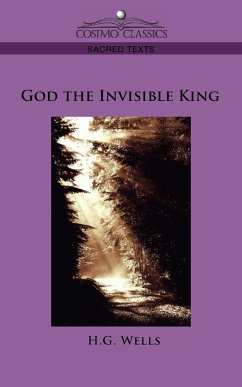
God the Invisible King
Versandkostenfrei!
Versandfertig in 1-2 Wochen
15,99 €
inkl. MwSt.

PAYBACK Punkte
8 °P sammeln!
Intellectually there is hardly anything more than a certain will to believe, to divide the religious man who know God to be utterly real, from the man who says that God is merely formula to satisfy moral and spiritual phenomena. ¬ -from "The Religion of Atheists" He is known, along with Jules Verne, as one of the 19th-century fathers of logical, rational science fiction, but in this 1917 book, H. G. Wells explores a more chimerical concept: that of a deity. A bestseller in its day, here Wells lays out his "personal and intimate" belief in God, an expression of "modern religion" that, by neces...
Intellectually there is hardly anything more than a certain will to believe, to divide the religious man who know God to be utterly real, from the man who says that God is merely formula to satisfy moral and spiritual phenomena. ¬ -from "The Religion of Atheists" He is known, along with Jules Verne, as one of the 19th-century fathers of logical, rational science fiction, but in this 1917 book, H. G. Wells explores a more chimerical concept: that of a deity. A bestseller in its day, here Wells lays out his "personal and intimate" belief in God, an expression of "modern religion" that, by necessity, attacks "doctrinal Christianity" by professing a belief in a "finite" God, as opposed to an infinite force, worshipped by "militant" believers, not placid ones. An unusual view of God from a name not usually associated with faith, this is an intriguing and little-read work from a writer it seems we have not known much of at all. British author HERBERT GEORGE WELLS (1866-1946) is best known for his groundbreaking science fiction novels The Time Machine (1895), The Invisible Man (1897), and The War of the Worlds (1898).



